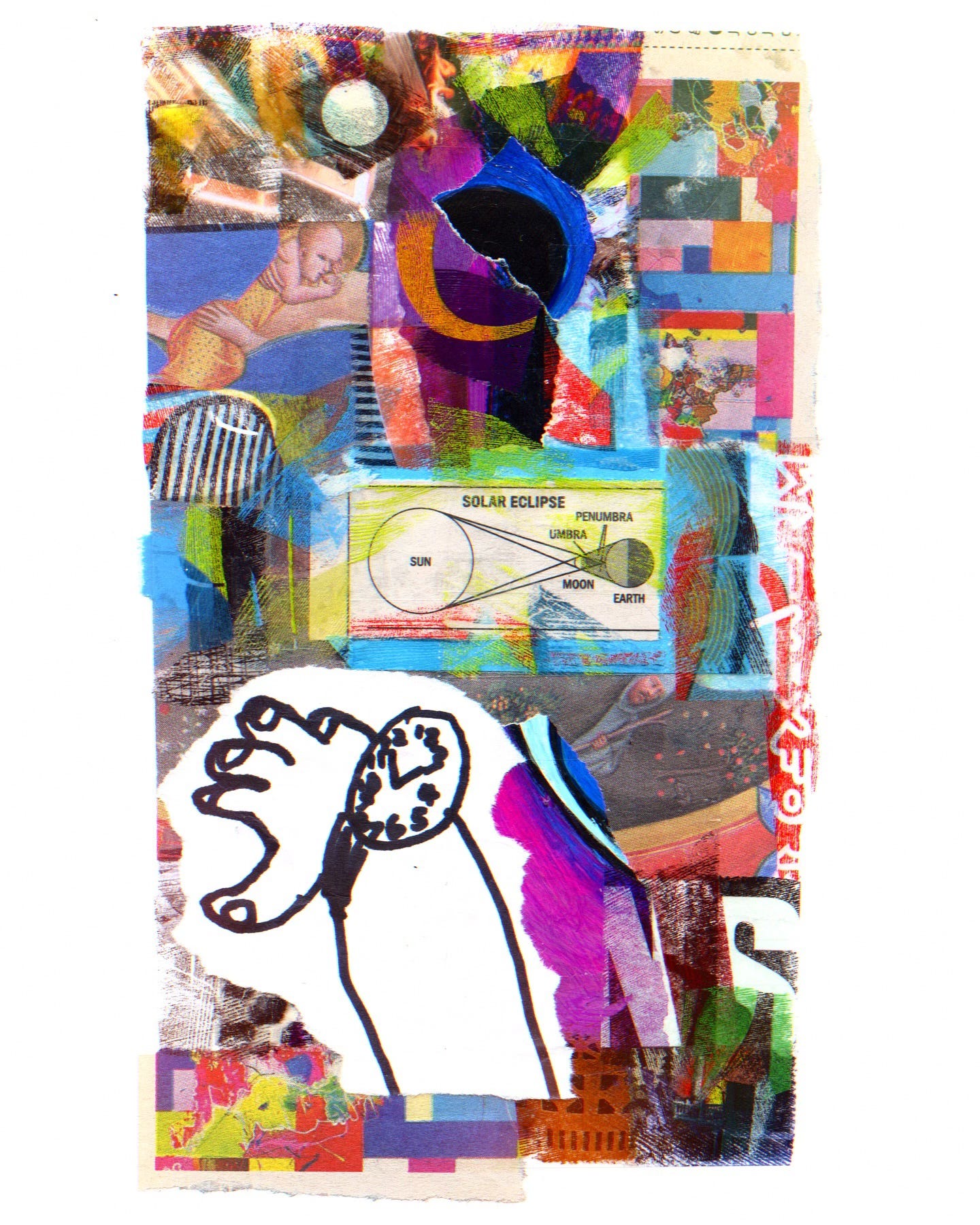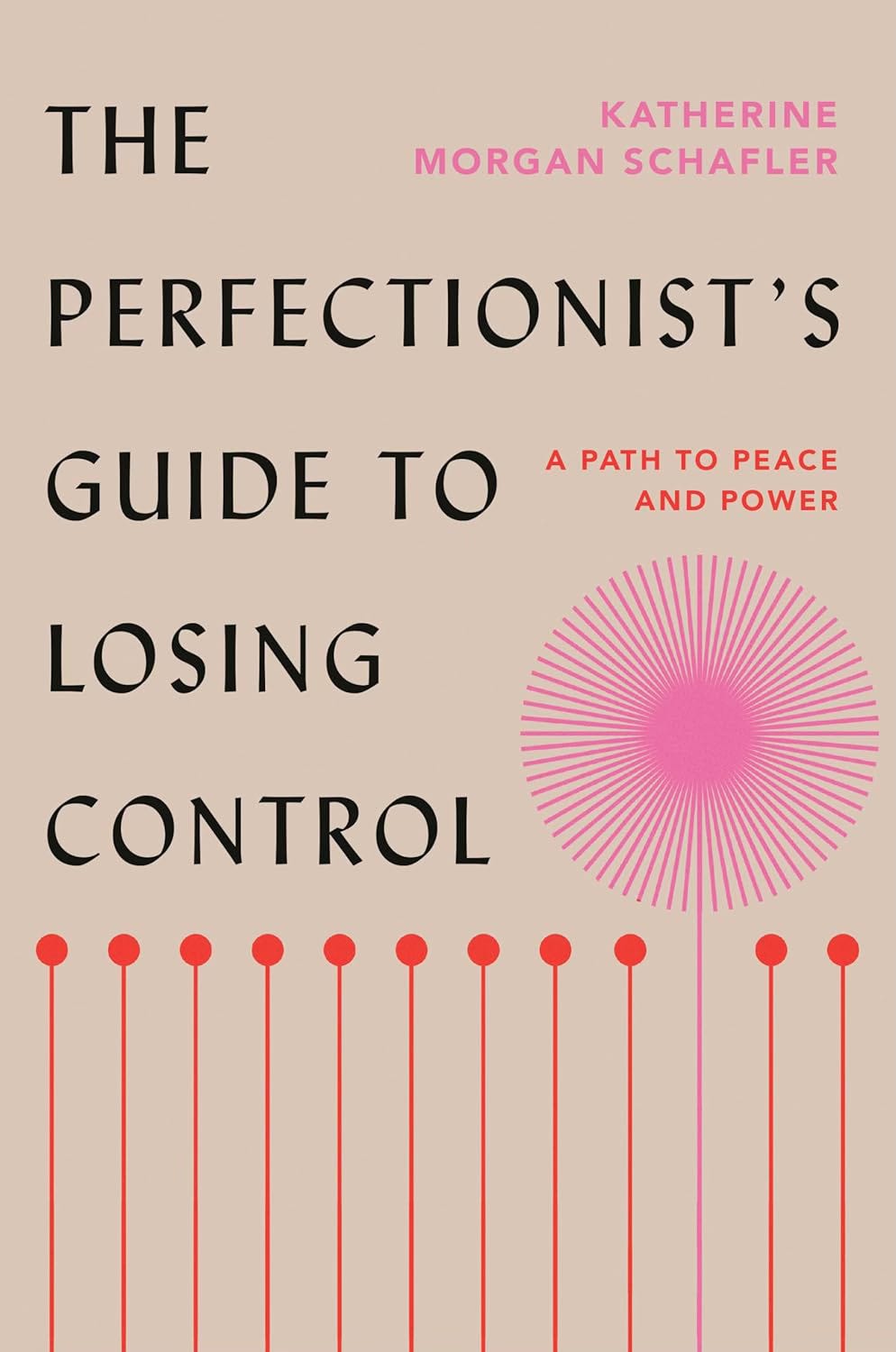Understanding perfectionism
It might not be what you think it is
Hey y’all,
I built this collage around a drawing that my son wadded up in frustration before running out of the studio in tears. In the past, this is what I thought perfectionism was: an inability to deal with the disconnect between what a drawing looked like in your head and how it came out of your hand. I thought perfectionism was a problem for the uptight, for big babies who can’t just loosen up and let ‘er rip.
When people would say to me, “I’m a perfectionist,” I would try not to roll my eyes. I prided myself on being an imperfectionist. (I have always been jealous of the title of Oliver Burkeman’s newsletter.) I saw myself as someone who didn’t fuss too much over details, who invited mistakes and mess into my process, who just made stuff and put it out there.
I remember reading something the actor Brad Pitt said about working with the director Terrence Malick: “Actually, he’s an imperfectionist… He finds perfection in imperfection, and he’s always trying to create the imperfection.”
That’s right! I thought to myself. My art is one of imperfection.
So it was a great surprise to me when my friend Wendy MacNaughton, whose drawings and writings I’ve always admired for their looseness and spontaneity, outed herself as a perfectionist and shared a bunch of research on perfectionism. (And some very good advice from our friend Beth Pickens.)
Wendy’s letter had the perfect timing, because while I had spent years and years congratulating myself on what an imperfectionist I am — look at how I can just make and share something without fussing over it! — it was slowly starting to dawn on me (with a little nudging from Meghan) just how much of a perfectionist I actually am, and how it’s keeping me back from doing some of the things I want to be doing.
Because it turns out that I didn’t really know what perfectionism actually is, so I couldn’t recognize it in myself. Luckily, Meghan hipped me to psychotherapist Katherine Morgan Schafler’s The Perfectionist’s Guide to Losing Control:
Morgan Schafler says that perfectionists are people who “consistently notice the difference between an ideal and a reality,” and more often than not, have “a compulsion to bridge the gulf between reality and an ideal.” In her view, the perfectionist holds a kind of creative tension that contains an energy capable of creation or destruction.
Keep reading with a 7-day free trial
Subscribe to Austin Kleon to keep reading this post and get 7 days of free access to the full post archives.





